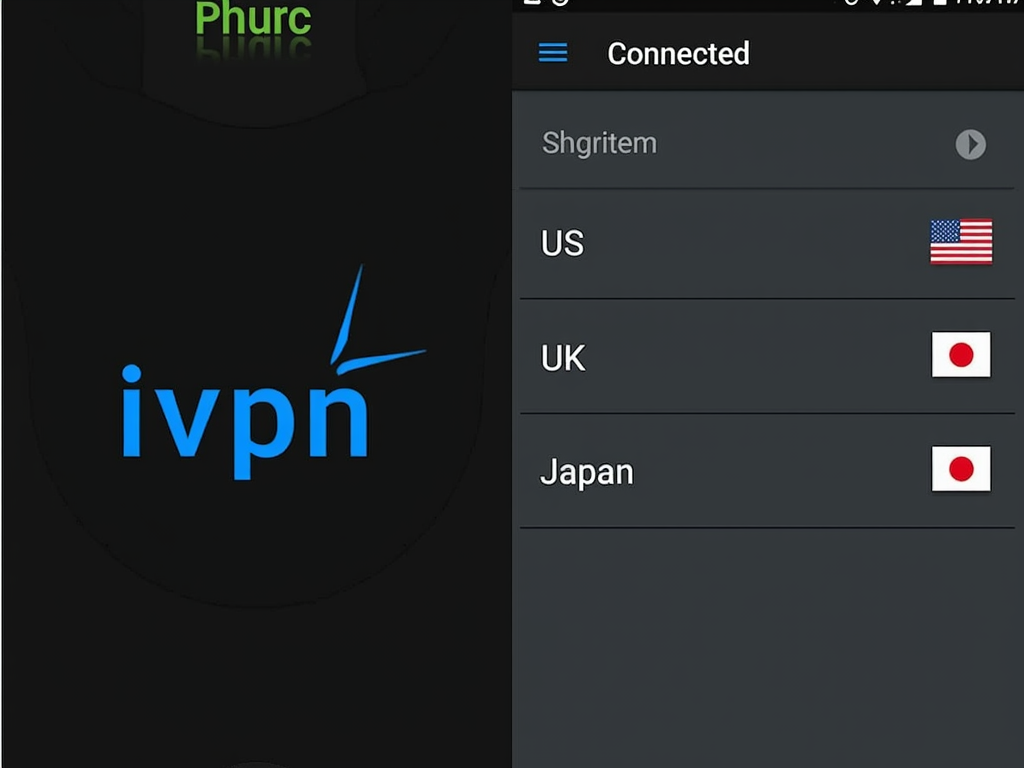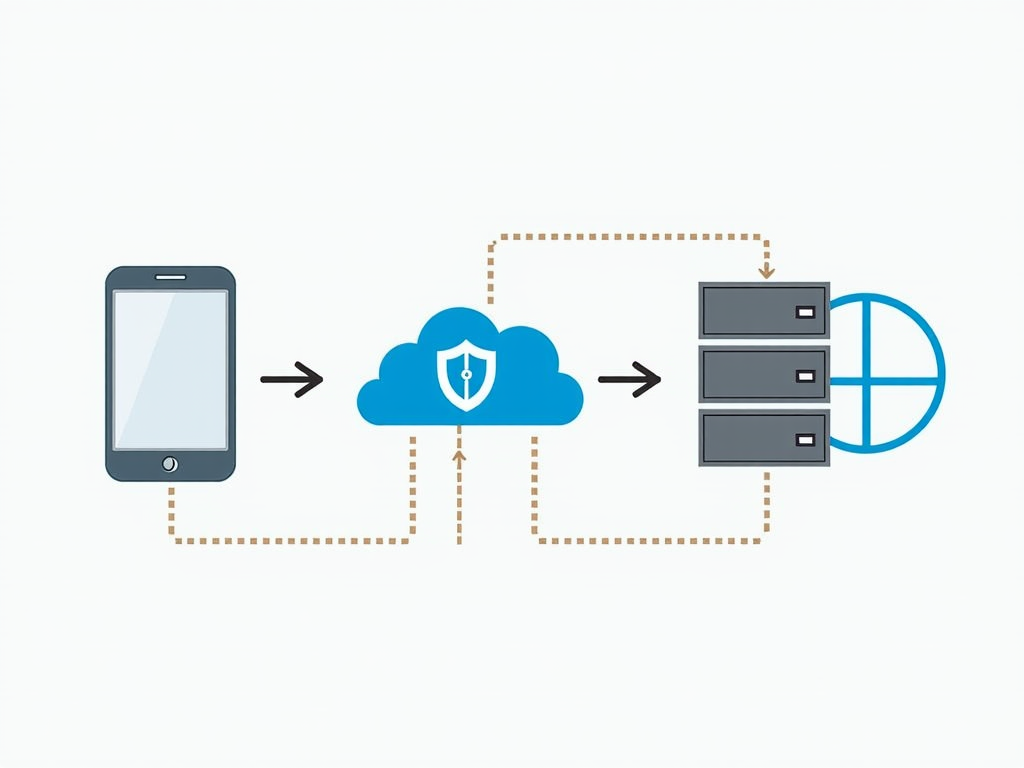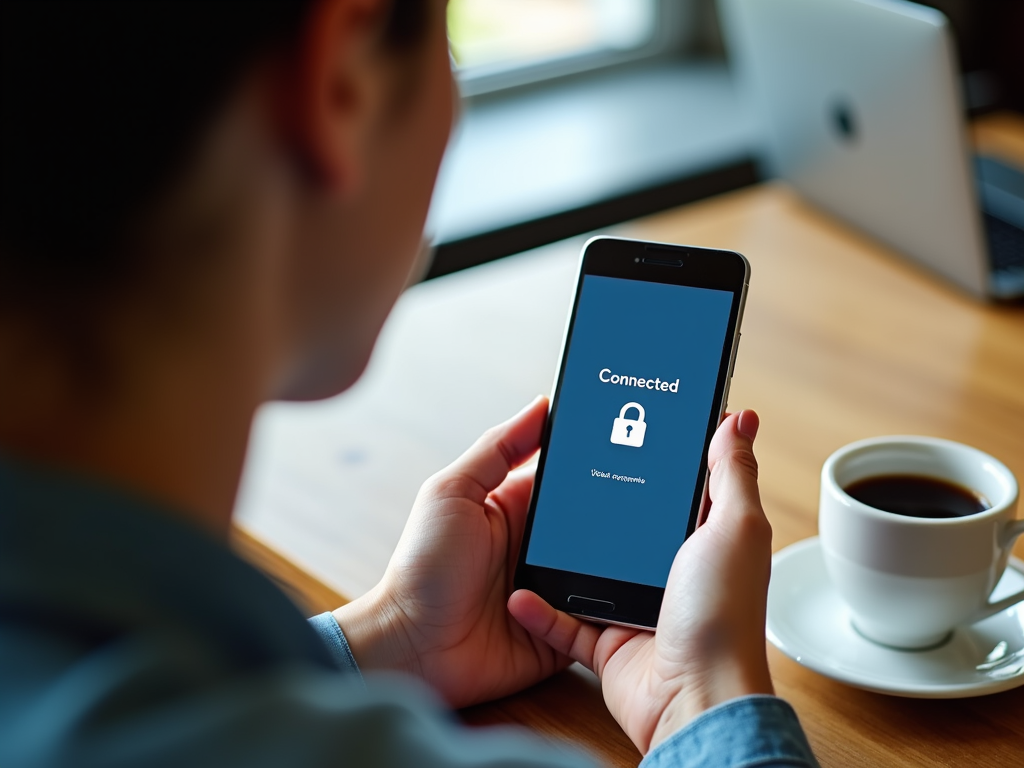How to Stay Anonymous Online: A Comprehensive Guide
In a world where every click can be tracked, staying anonymous online is more important than ever. This guide shows you how to protect your privacy, with a focus on using IVPN on Android and other key tools. Let’s dive in and take control of your digital life.
Why Online Anonymity Matters
Your online actions—like what you browse or buy—can be watched by companies, hackers, or even governments. Staying anonymous online keeps your personal info safe, protects your freedom, and lets you decide who sees your digital trail.

Understanding Online Anonymity
Being anonymous online means hiding who you are and what you do on the internet. Tools like VPNs, encrypted browsers, and private search engines help make this happen. But it’s not just about tools—it’s about using them smartly.
The Challenges You Face
Staying hidden online is tough. Websites use cookies, your IP address, and even your device details to track you. Advertisers and data collectors are always finding new ways to follow your moves. That’s why you need a solid plan to stay ahead.
How to Configure IVPN on Android for Maximum Privacy
IVPN is a trusted VPN that’s great for keeping your Android activities private. Here’s a simple step-by-step guide to set it up:
- Get the App: Download IVPN from the Google Play Store.
- Sign Up: Create an account on IVPN’s website and pick a plan.
- Log In: Open the app and enter your details.
- Turn On Kill Switch: In Settings, enable the Kill Switch. It cuts your internet if the VPN fails, keeping your data safe.
- Pick a Server: Choose a server location. Use Multi-Hop for extra security—it sends your traffic through two servers.
- Set Up Android Options: Go to your phone’s VPN settings and enable 'Always-on VPN' and 'Block connections without VPN.'
- Check It Works: Visit ipleak.net to confirm your IP is hidden.
My Experience with IVPN
I’ve used IVPN for over a year, and it’s been a game-changer. The Kill Switch once stopped a data leak when my connection dropped at a coffee shop. Multi-Hop is slow sometimes, but it’s worth it for the added privacy on public Wi-Fi.

Other Online Privacy Tools You Need
IVPN is strong, but it’s not enough alone. Here are some tools to boost your privacy:
- Tor Browser: Hides your activity by bouncing it through many servers. Great for sensitive browsing.
- Signal: Keeps your messages and calls private with top-notch encryption.
- DuckDuckGo: Searches the web without tracking you or saving your history.
- ProtonMail: Sends emails that only you and the recipient can read.
Picking the Best Tools
Go for tools that are open-source and have a good reputation. Free services might sell your data, so read their privacy policies. I stick to paid options like IVPN and ProtonMail for peace of mind.
Tips to Stay Anonymous Online
Tools are only half the battle. Here’s how to stay safe with your habits:
- Make Strong Passwords: Use a password manager to create unique ones for every account.
- Add Two-Factor Authentication (2FA): This extra step keeps your accounts secure.
- Watch What You Share: Keep personal details off social media and tweak your privacy settings.
- Skip Public Wi-Fi: If you have to use it, always connect through a VPN.
- Update Everything: New software patches holes that hackers could use.
Mistakes to Dodge
Don’t reuse usernames across sites—it’s an easy way for trackers to link your accounts. Avoid clicking random links, too; they could install spyware. I learned this the hard way after a phishing email almost got me.

How VPNs Work
A VPN creates a safe path between your device and the internet. It encrypts your traffic and sends it through a server, hiding your real location. Your IP address—the number that IDs your device—gets swapped for the server’s.
| Benefit | What It Does |
|---|---|
| Privacy | Stops your ISP from spying |
| Security | Shields data on public Wi-Fi |
| Access | Unlocks blocked sites |
Limits of VPNs
VPNs aren’t perfect. Some sites still track you with cookies or device tricks. Bad VPNs might even log your data. That’s why I trust IVPN—it’s proven it doesn’t mess around with my info.
Advanced IVPN Setup
Want more from IVPN? Try these:
- Multi-Hop: Routes your traffic through two servers for double protection.
- WireGuard: A fast, secure protocol—switch to it in settings.
- Split Tunneling: Lets some apps skip the VPN if needed.
- AntiTracker: Blocks ads and trackers automatically.
My Take on Advanced Features
Multi-Hop saved me while traveling—I watched shows from home without a hitch. WireGuard makes everything quick, even with the VPN on. Split Tunneling is handy for apps that don’t like VPNs, like my bank’s.

Best Practices for Anonymity
Your actions matter as much as your tools. Here’s what works:
- Go Incognito: It stops your browser from saving your history.
- Turn Off Location: Disable it when you don’t need it.
- Limit Extensions: Only use ones you trust—some spy on you.
- Clear Cookies: Do this often to stop sites from profiling you.
A Lesson I Learned
I used to use one email for everything. Big mistake—data trackers connected the dots fast. Now I use throwaway emails for each site, and it’s made a huge difference.
Summary
Staying anonymous online takes effort, but it’s worth it. Set up IVPN on your Android, add tools like Tor and Signal, and watch your habits. Privacy isn’t a one-and-done deal—it’s a daily choice to keep your digital life yours.

Recommended Readings
Want to learn more? Check out these great resources:
- The Ultimate Guide to Online Privacy - Covers all you need for privacy.
- How VPNs Work: A Beginner’s Guide - Explains VPNs simply.
- Top 10 Privacy Tools for 2023 - Lists the best privacy helpers.
- Understanding Digital Footprints - Shows how to shrink your online trail.
- Secure Messaging Apps Compared - Compares apps for safe chats.